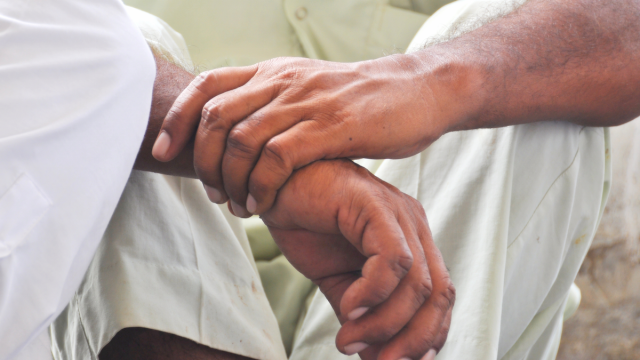
For 17 years, displaced Hindu families from Pakistan have found refuge in Rajasthan, India. Divya Sharma’s photo essay discusses the implications of citizenship and statelessness, and the ways in which the marginalized manage to maintain hope.

The point, after all, is to change the world.

For 17 years, displaced Hindu families from Pakistan have found refuge in Rajasthan, India. Divya Sharma’s photo essay discusses the implications of citizenship and statelessness, and the ways in which the marginalized manage to maintain hope.
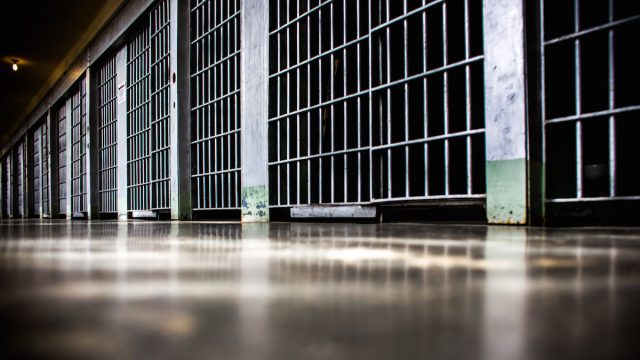
How prisons operate as total institutions, and how they produce and reproduce — rather than correct — a ‘criminal class.’
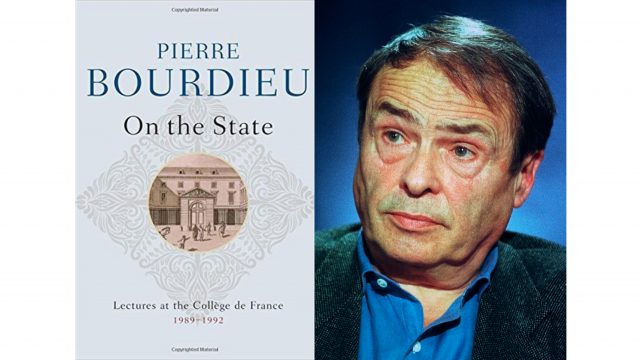
Pierre Bourdieu’s On the State, based on a three-year lecture course he taught at the Collège de France, was published earlier this year. Franck Poupeau interprets the book and makes us ask: what kind of self is needed to confront the social ills of the twenty-first century? And can the state—or at least Bourdieu—help us get there?
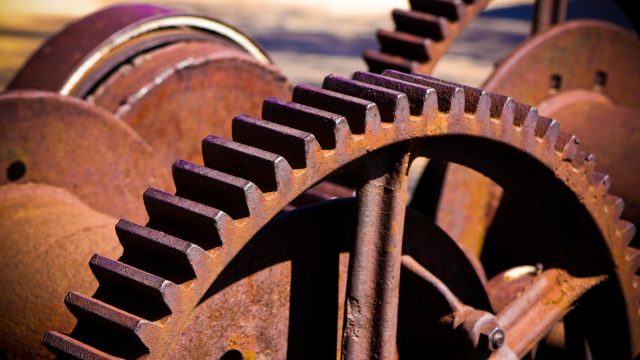
A look at jobs and technological change in the 19th and 21st centuries — and how automation can intensify the use of human labor.
Because the history of Silicon Valley is so recent and its social implications so broad, social scientists have been slow to establish its empirical significance as an object for inquiry. We pry open, for critical analysis, the Pandora’s box of social forces contained in our smartphones, apps, and tablets.
What happens at the intersection of social life and the natural environment? Three essays – on the politics of climate change, California’s water crisis, and the economy of food waste – seek to provide answers and extend our analytical leverage.
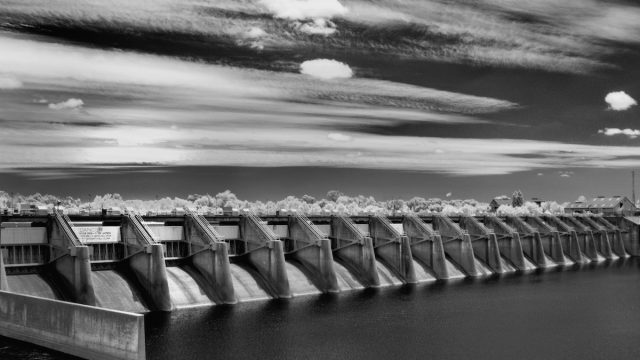
Establishing an alternative relationship with water requires that we acknowledge that the one we inherited is not the result of a natural process, but the outcome of a human history that could have been otherwise.
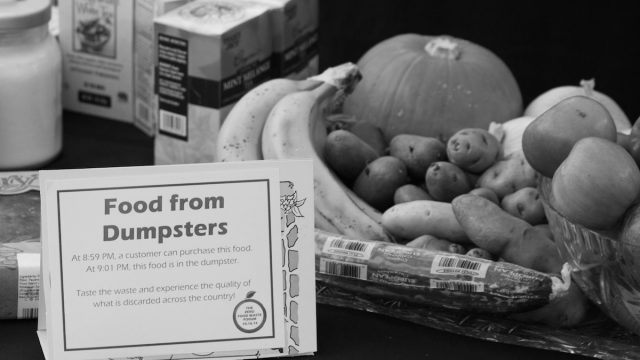
Governments, businesses and community leaders across the United States are building momentum to fight food waste, claiming to simultaneously save money, feed the hungry, and reduce impacts on the environment. But how—and to what extent—can food waste reduction be a “win win win” for everyone?
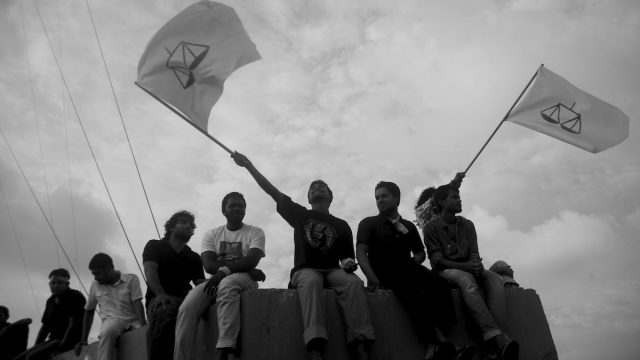
In one of the world’s countries most affected by climate change, the struggle for sustainability is directly linked to the struggle for democracy. It remains an uphill battle. Despite the urgency of positive change, reform efforts are constantly—and sometimes violently—thwarted.
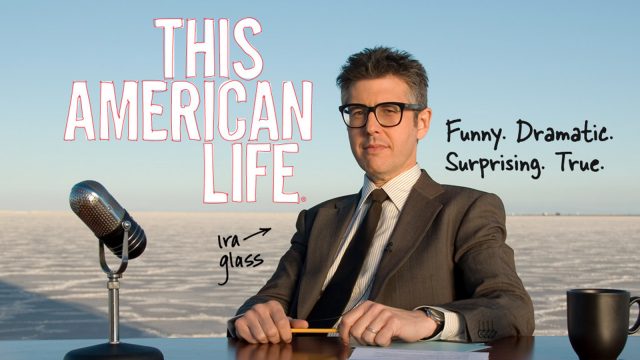
What is the cultural appeal—and what are the political effects—of Chicago Public Media’s This American Life? A critique of white liberal middle-class representations of difference.
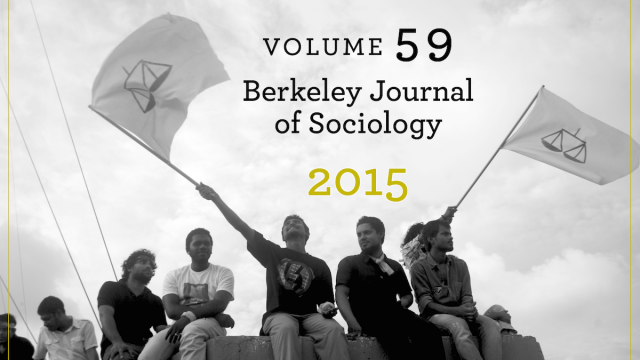
Volume 59 of the Berkeley Journal of Sociology is out! We will be publishing the contents online over the next several weeks.